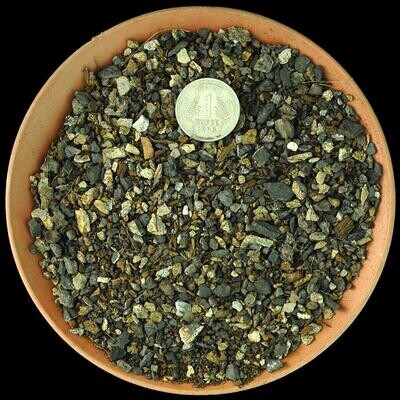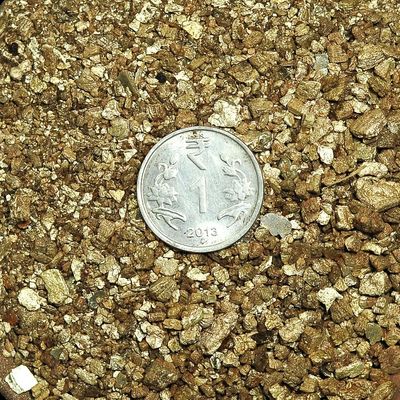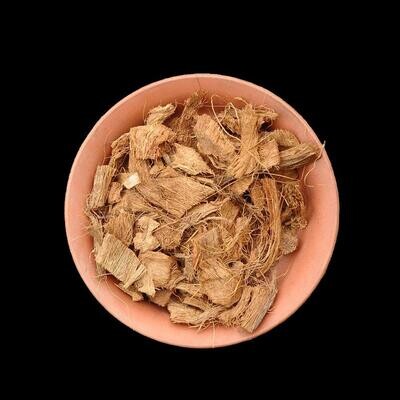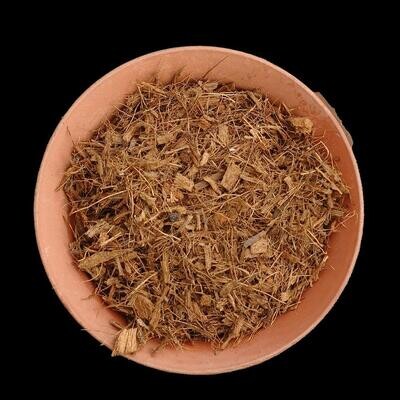Please check the Shipping Updates Page for information on shipping.
Echidnopsis cereiformis (yellow flower)
1. Etymology: The name Echidnopsis cereiformis comes from a blend of Greek and Latin origins. “Echidnopsis” is derived from the Greek “echidna,” meaning viper or snake, and “opsis,” meaning resembling or appearance, likely referring to the snake-like appearance of the plant’s stems. “Cereiformis” comes from the Latin “cereus,” meaning wax or candle, and “formis,” meaning shaped, describing the candle-like shape of the cactus stems. The specific reference to the yellow flower highlights the notable flower color variety within this species.
2. Origin of Plant: Echidnopsis cereiformis is native to the arid regions of the Arabian Peninsula, primarily found in countries like Yemen, Oman, and parts of Saudi Arabia. These areas provide a dry, desert-like environment that suits the plant’s growing conditions.
3. Technical Description:
- Family: Apocynaceae (formerly Asclepiadaceae)
- Genus: Echidnopsis
- Species: cereiformis
- Form: Small, perennial succulent with a clump-forming habit.
- Stem: Cylindrical, green to blue-green, and covered in small tubercles. The stems can grow up to 15 cm long and are typically 1-2 cm in diameter.
- Flowers: Small, star-shaped, yellow flowers that grow from the stem’s areoles. The flowers are typically around 1 cm in diameter and have a delicate, waxy appearance.
- Blooming Period: Usually blooms in late summer to early fall.
- Fruit: If pollinated, it produces small, cylindrical pods that can contain numerous tiny seeds.
4. Conservation Status: The conservation status of Echidnopsis cereiformis has not been extensively documented. However, like many succulents native to arid regions, it could be at risk from habitat destruction, over-collecting, and climate change. It is important to source these plants from ethical and sustainable growers who do not collect the plants from the wild.
5. Care Instructions:
- Light: Requires bright, indirect sunlight. It can tolerate some direct sunlight but should be protected from intense midday sun, which can cause scorching.
- Water: Water moderately during the growing season (spring and summer), allowing the soil to dry out completely between waterings. Reduce watering in the winter.
- Soil: Use a well-draining cactus or succulent mix. Adding perlite or pumice can improve soil drainage.
- Temperature: Thrives in warm temperatures, ideally between 15-25°C (59-77°F). Protect from frost and temperatures below 5°C (41°F).
- Humidity: Prefers low humidity levels and good air circulation.
- Fertilizer: Feed with a diluted, balanced fertilizer formulated for cacti and succulents once a month during the growing season.
- Propagation: Easily propagated from stem cuttings or seeds. Allow cut ends to dry and callous for a few days before planting in well-draining soil.





